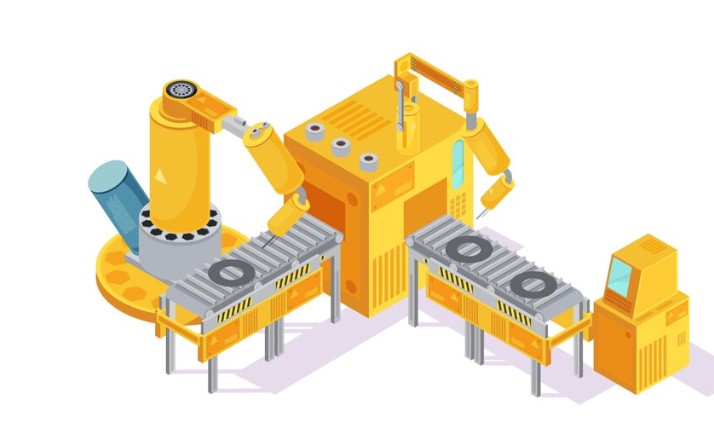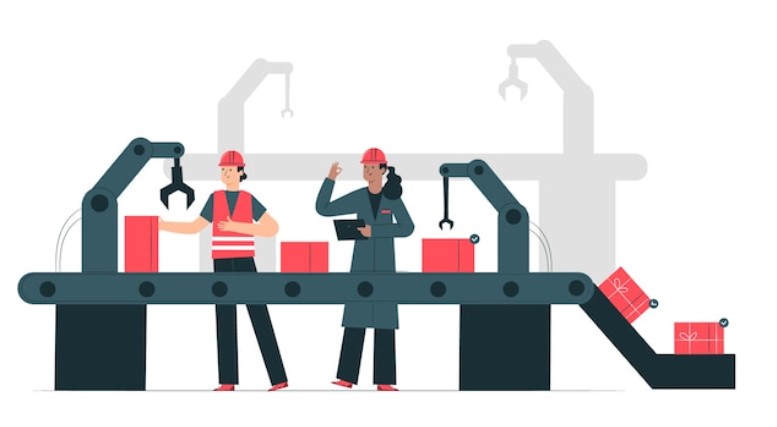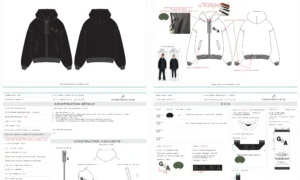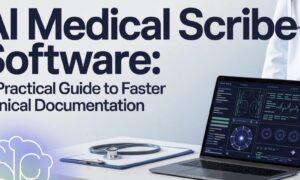In any manufacturing-based industry, the equipment is the backbone of your operations. Be it manufacturing, food processing, or pharmaceuticals, good machinery ensures consistent output, maintains product quality and drives overall productivity. The right equipment powers your production and safeguards your business’s reputation by helping it meet industry standards and consumer expectations.
In this article, we will explore the critical role equipment plays in production processes, the factors that influence its performance, and how businesses can maximize its value to achieve long-term success.
Why Equipment Matters in Production
Process equipment is the backbone of all production systems, allowing businesses to transform raw materials into finished goods efficiently and consistently.
Performing high-value machinery is vital with regard to the following:
1. Efficiency
Smooth machinery reduces downtime and bottlenecks, hence ensuring smooth, uninterrupted operations and greater output. Well-maintained equipment can operate without unplanned interruptions around the clock, enabling the ability to meet tight deadlines or fulfill bigger orders. By optimizing workflow, efficient equipment is able to keep a business ahead in competitive industries.
2. Quality Control
Precision engineering and advanced features in modern equipment go hand in hand to ensure the products are consistent and defect-free. Machines with inbuilt quality assurance features, like sensors or real-time monitoring, can identify issues during production and make improvements. Therefore, every product will have to meet the highest standards, ensuring customer trust and loyalty.
3. Cost Management
For instance, reliable equipment reduces waste and maintenance costs, adding to a healthy bottom line. This contributes significantly to reducing production costs by minimizing the loss of materials and maximally utilizing energy. Furthermore, minimizing costs related to repairs and extending the lifespan of such equipment guarantees a greater return on investment over time.
4. Compliance with Regulation
Industry-standard equipment means safety, hygiene, and environmental regulations are met. The inability to follow this can lead to very costly penalties, recalls, or reputational damage. Properly certified equipment also makes audits easier while operating responsibly, increasing stakeholder confidence.
The Role of Equipment in Different Industries
Equipment from the top process equipment company is the driving force for production in many industries, enabling companies to meet their particular demands in different fields. Be it the production of precision parts, perishable commodity, or pharmaceuticals that save lives, every industry relies on different kinds of machinery to ensure that quality products are produced efficiently. In fact, versatility and modern innovation ensure that industries can adapt to evolving challenges and consumer expectations.
Manufacturing
The manufacturing industry involves machinery for automation and standardization. Equipment from a professional equipment manufacturer like assembly lines, computer numerical control, and robotic arms improve productivity and precision in production, guaranteeing continued output on a large scale. These tools further enable the quick adaptation of producers to prevailing demands by the possibility of faster transitions within production cycles.
Food and Beverage
In the food and beverage industry, mixers, blenders, and refrigeration units are used to ensure quality and safety. These machines are crucial in maintaining the right conditions in the processing, preservation, and packaging of perishable goods. Advanced machinery also plays a key role in sustainability by minimizing waste and energy consumption.
Pharmaceuticals
In pharmaceuticals, all equipment must be highly hygienic and precise. Machinery, like tablet presses, sterilizers, and mixing tanks, ensures that medical products are uniform in their quality and safe for the patients. High-quality equipment not only supports mass production but also ensures high-quality goods to meet severe regulatory requirements.
Factors That Influence Equipment Performance
To maximize the utilization of your production equipment, it’s necessary to understand what affects its performance:
Design and Build Quality
Well-designed equipment built from durable materials will guarantee reliability and a long life. Good quality machinery is less likely to break down, meaning lower costs to repair and minimizing production downtime. Furthermore, with an advanced engineering background and sturdy construction, the equipment can withstand highly challenging production environments, thereby ensuring stability under high usage.
Maintenance and Upkeep
Regular maintenance prevents breakdowns, extends equipment life, and maintains efficiency. Likewise, scheduled inspections and services help in the early identification of problems before they get big, which saves time and money. A maintained machine also ensures peak performance, essential for maintaining productivity and hence meeting production deadlines.
Technology Integration
Advanced technologies like IoT sensors and AI-driven analytics provide real-time monitoring, predictive maintenance, and enhanced decision-making. These can identify inefficiencies, monitor wear and tear, and give warnings to operators of potential failures before they happen. Such integration would provide businesses with the opportunity to optimize equipment performance, reduce energy consumption, and extend machinery life.
Operator Skill
Even the most sophisticated machinery in the world needs skilled operators to reach maximum capacity. Proper training enables safe and efficient usage while minimizing the possibility of errors or accidents that may even damage machinery. A well-knowledgeable workforce can also diagnose small faults, optimize settings, and ensure that the equipment is utilized to the fullest, further enhancing productivity and reliability.
Maximizing the Value of Your Equipment
Companies should focus on the following strategies to maximize the utilization of their industrial process equipment:
- Invest in good-quality machinery: Invest in machinery that fits into the production requirements of your firm and can also handle operation demands. Scalability, power efficiency, and automation capabilities are factors one may consider.
- Preventative ьaintenance: Regular maintenance cuts down on downtime, eliminates expensive repairs, and assures a continuing performance. The regular checks and professional inspections mean smooth functioning of the equipment.
- Leverage еechnology: Integrate smart systems that can monitor machinery performance, identify problems at a very early stage, and optimize usage. Advanced analytics can help predict wear and tear to allow timely intervention.
- Train нour еeam: Provide operators with the knowledge and skills to operate machinery safely and efficiently. A well-trained workforce maximizes the potential of your equipment and reduces the risk of accidents or errors.
More than the tools in your armamentarium, the equipment that powers your production is a critical driver of efficiency, quality, and profitability. High-quality machinery, regular maintenance, and the adoption of modern technologies will go a long way in helping businesses optimize operations and stay ahead of the competition. From manufacturing to food processing to pharmaceuticals, the right equipment forms the backbone of a successful production process that allows businesses to achieve their goals and create value for their customers.



































